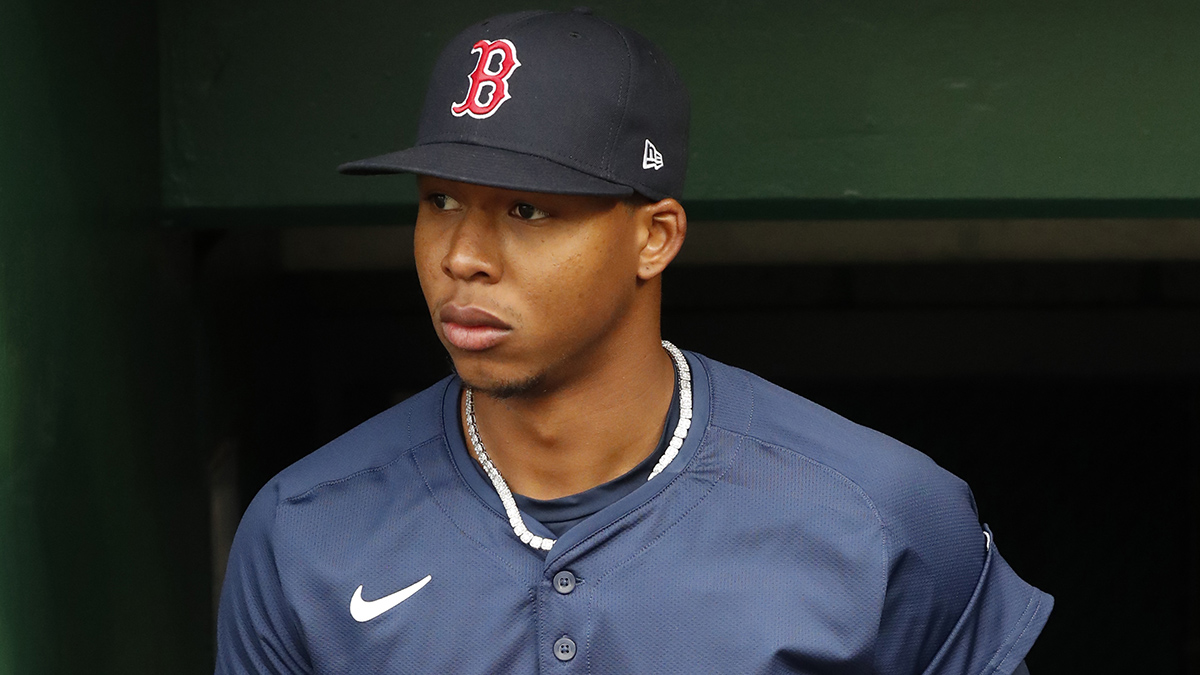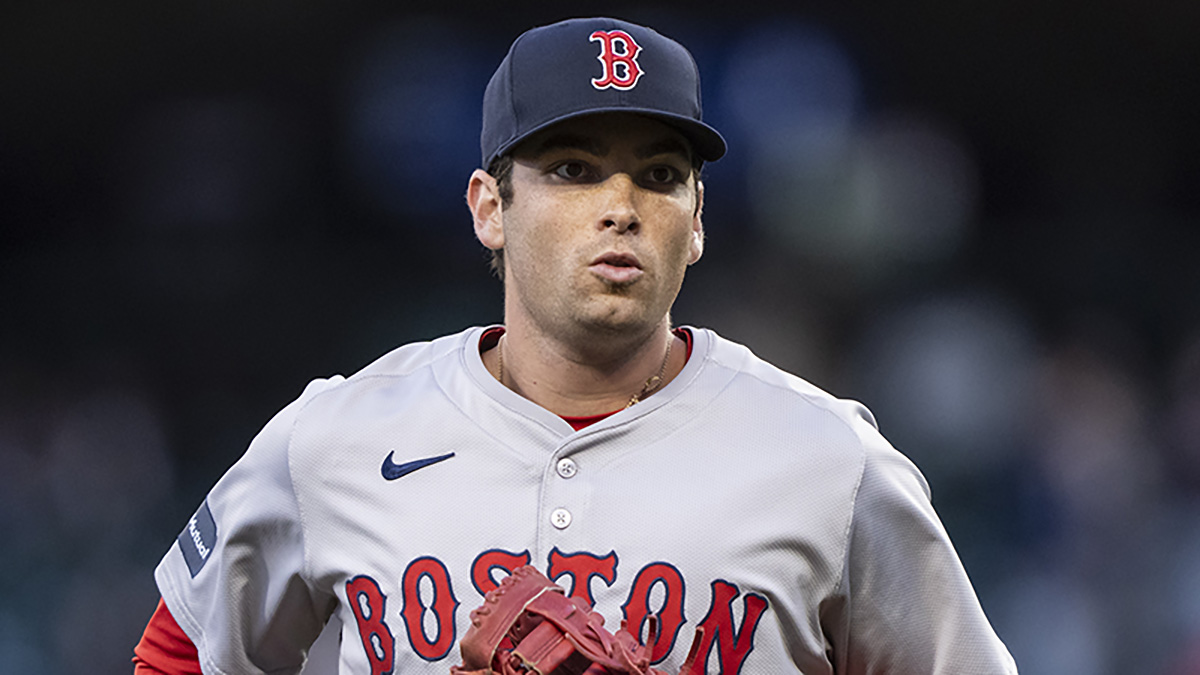
Following a last-place finish and a 93-loss season, the Red Sox are, understandably, more interested in looking forward than backward.
That's been made easier in the last week as the team held its annual Rookie Program at Harvard and Fenway, populated by 11 of the team's top prospects, including some who could make an impact in the big leagues as soon as this season.
The program, which took a one-year hiatus last year, is meant to introduce the players to the city of Boston and a big-league environment and ensure the smoothest transition possible when they graduate from the minor leagues to the majors.
"We're trying to expose these guys to what they're going to see in the big leagues," explained director of player development Ben Crockett, "and try to give them some perspective to help slow things down when they get that first call-up to Boston for the first time."
The program included outfielders Jackie Bradley Jr.; Bryce Brentz; and Alex Hassan; infielders Xander Bogaerts and Brock Holt; catchers Dan Butler and Christian Vazquez; and pitchers Drake Britton; Rubby de La Rosa; Allen Webster; and Steven Wright.
"We're really happy with the group we have," said Crockett. "We've got some guys who have a chance to make an impact in the very near future, which I think is very exciting for all of us. Just as important, we've got guys who seem to get it. Not only are they good guys, but they have a feel to compete, a feel to put the effort in to get to the next level and stay there."
In addition to daily workouts and testing, the players listen to speakers and are introduced to the Boston community. In the past week, they listened to manager John Farrell, former Red Sox catchers Rich Gedman and Jason Varitek, strength and conditioning coach Mike Boyle and Boston Celtics head coach Doc Rivers.
Boston Red Sox
This isn't just any group of prospects. Bogaerts and Bradley are projected to be key building blocks in what GM Ben Cherington has referred to as "the next great Red Sox team."
One of the reasons the Sox declined to go after some of the bigger free agents this past winter was the feeling that the talent in the system was good enough to form the nucleus of the franchise for years to come.
That creates some pressure and expectations of its own.
"The upper level minor leaguers feel that themselves, anyway," said Crockett. "When they're within striking distance, that kind of internal pressure of, 'I'm close, I need to do more than I've done,' (is already present). I don't think you can really hide or insulate them from that.
"(But) I don't think it's one particular person who needs to bear the brunt of that. Collectively, it is what it is -- you need to start to get a feel for that, but learn how to take that pressure away and learn how to perform how you did at Triple A. That's the reason you get to the big leagues -- what you were doing before was working.
"We're trying to teach them how to handle it the best we can. But primarily, that comes from them -- learning how to do it with their personalities, learning different methods of handling failure. That's a big part of it."
And, after three straight seasons out of the playoffs and two managerial changes, a glimpse into the future is always refreshing.
"There's definitely a pretty good feeling," said Crockett as he surveyed the players. "This program, particularly, is always kind of a bright spot in the off-season. It gives you a look into the future. There are some guys in the upper levels here who may make that future a little sooner. This is a reminder of some of the excitement that there is here."
One of the reasons the program exists is that this isn't just any market. It's one thing to break into the big leagues in Houston or Pittsburgh or Kansas City and another to do it here, where the media coverage and the fan interest can be intense.
"Playing in Boston definitely is different, certainly," acknowledged Crockett. "For a lot of these guys who haven't made their major league debut, it's all going to be different, so at least the initial phase of that is us trying to prepare for that moment. Then, after they get the call-up on the first day, how do you handle that? What adds some familiarity to that moment?
"And then, I think in Boston, having Rich Gedman, having Jason Varitek or John Farrell (speak), can impart some reality of what it's going to be like. They're never going to know until they've gone through it, but the more that they can be told about it from some people with some pretty darn good credibility, that helps."
Most in the group will also be in major league camp when spring training begins in a few week -- either as part of the 40-man roster or on invites to big league camp - and that will serve as another indoctrination.
"(The key is) being able to take something away," said Crockett, "and going in confident and knowing that you belong there is key. But also going in respectfully and knowing your place within the structure of the clubhouse. Hopefully, some of those things are addressed in this camp and some of them are kind of natural anyway.
"But the biggest thing for those young players is not trying to go out and impress John Farrell and the staff right away, really just doing the things that they would be doing to just prepare for the regular season and do the best they can to separate the new challenges and the pressures of wondering 'Could I actually make the team?'"


